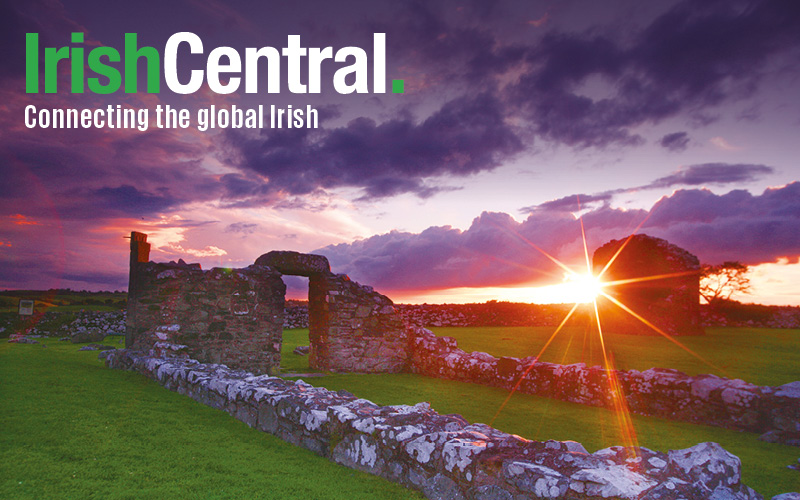While much of the world will pause this November and commemorate the five decades that have passed since the assassination of President John F. Kennedy the Irish, as only the Irish can do, are remembering and celebrating the 50th anniversary of his historic June 26-29, 1963 four day state visit to Ireland with 12 months of events and remembrances on both sides of the Atlantic.
JFK’s trip to Ireland is remembered for many firsts as he was the first U.S. President to ever make an official visit to Ireland; now a common political practice of U.S. Presidents, past and present, who return to their Irish roots. The fact that he was the first Irish-American Catholic President coming home only added to the aura. But it is worth remembering those four days in June, 1963 and the enduring legacy of the Kennedy visit as one of both purpose and push that helped showcase Ireland and nudge this small island country into the modern world.
Months before he was assassinated and fresh from delivering his memorable “I am a Berliner” speech JFK landed in Dublin for a sort of homecoming by the great-grandson of famine Irish who in just four short generations had achieved the pinnacle of American political success. History recounts that it was JFK himself who insisted on the trip solely because wanted to visit as there was no political gain to be made from mingling with the Irish. In retrospect, the Kennedy visit appears mutually reciprocal as JFK basked in the adulation of adoring crowds and the local Irish got to see up close the possibilities and opportunities of yet another “one their own” who achieved success abroad.
It is far too easy to wax nostalgic or to glamorize the Kennedy family and their impact on Irish-American culture. But when you look back at the footage from JFK’s brief time in Ireland the unbridled enthusiasm of the Irish for him is tangible. Every stop was rich in symbolism for both the Irish and the Irish in America that included: a visit to the port where his ancestors departed, his ancestral homestead, tea with the cousins and a speech to a joint session of the Irish Parliament where he highlighted the shared struggle for freedom.
The Ireland that JFK was visiting was a restless young republic that he described as: “one of the youngest of nations and oldest of civilizations.” Ireland was emerging from the 1950’s and from what has been described as its own “lost decade” Jobs were few, the post WWII Irish economy was depressed and its greatest asset, its people, were leaving the country at the rate of 50,000 per year. My own parents were just two of the thousands that emigrated during this time.
But Ireland was already gradually evolving and beginning to look outward after decades of insular ideals of indifference and isolation. Indeed, just two weeks after JFK’s visit in a cover story in Time magazine entitled Lifting the Green Curtain it was written that: “For the first time this century, most Irishmen are ready to believe that it could be a bright one.” Ireland today is a very different country than the one that JFK visited and few could have predicted both the triumphs and troubles that would follow the Kennedy visit.
The Irish maintain a keen awareness of who they are and where they come from and that is a gift that is passed down to the next generation. For many it was not unusual to find an image of JFK hanging in a place of prominence in Irish and Irish-American homes much like the one that my nine siblings and I were raised in. Over 70 million people worldwide claim Irish ancestry and over 34 million Americans designate their heritage as primarily or partially Irish. Fifty years after JFK’s visit, is a year in which Ireland is encouraging another homecoming and celebration of all things Irish called The Gathering Ireland.
“This is not the land of my birth, but it is the land for which I hold the greatest affection, and I certainly will come back in the springtime” were the last words uttered by JFK before departing Ireland. While history intervened, the impact and warm collective memory of this historic presidential visit endure. For the people of Ireland, Irish-Americans and the Irish around the world that is still something to remember and celebrate as only the Irish can do.
*Brian Browne is the Assistant Vice President for Government Relations and an Adjunct Professor at St. John’s University in New York.




Comments